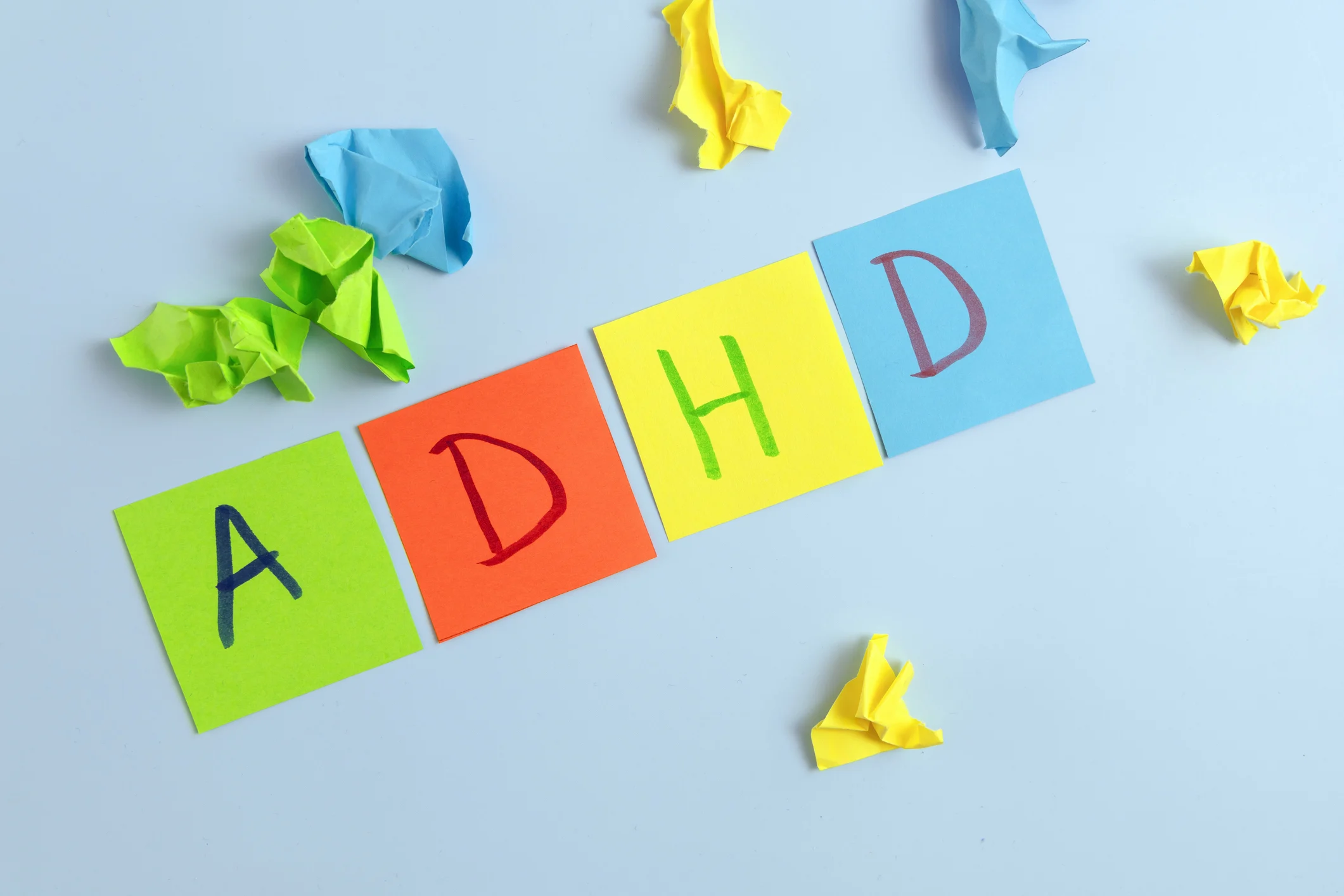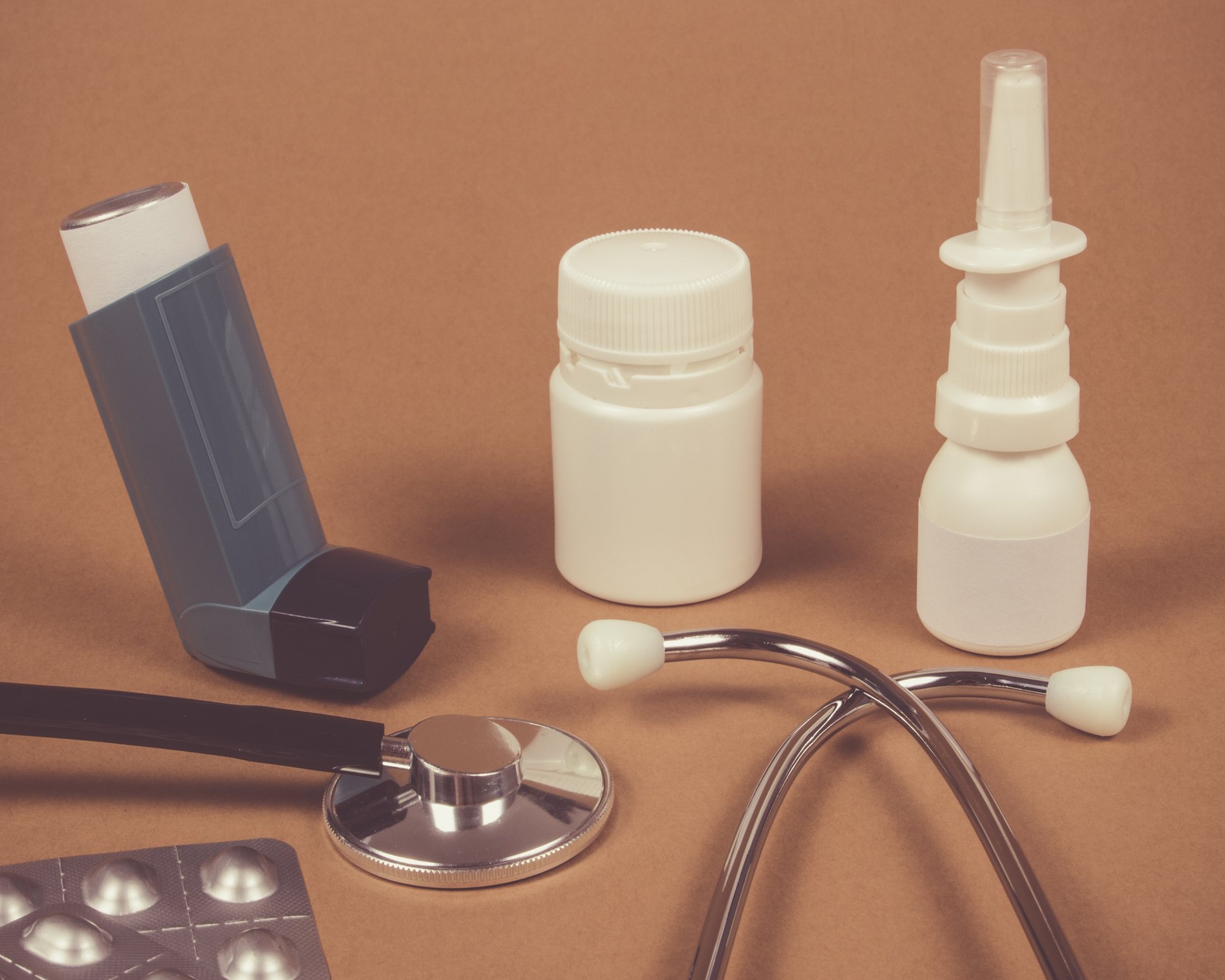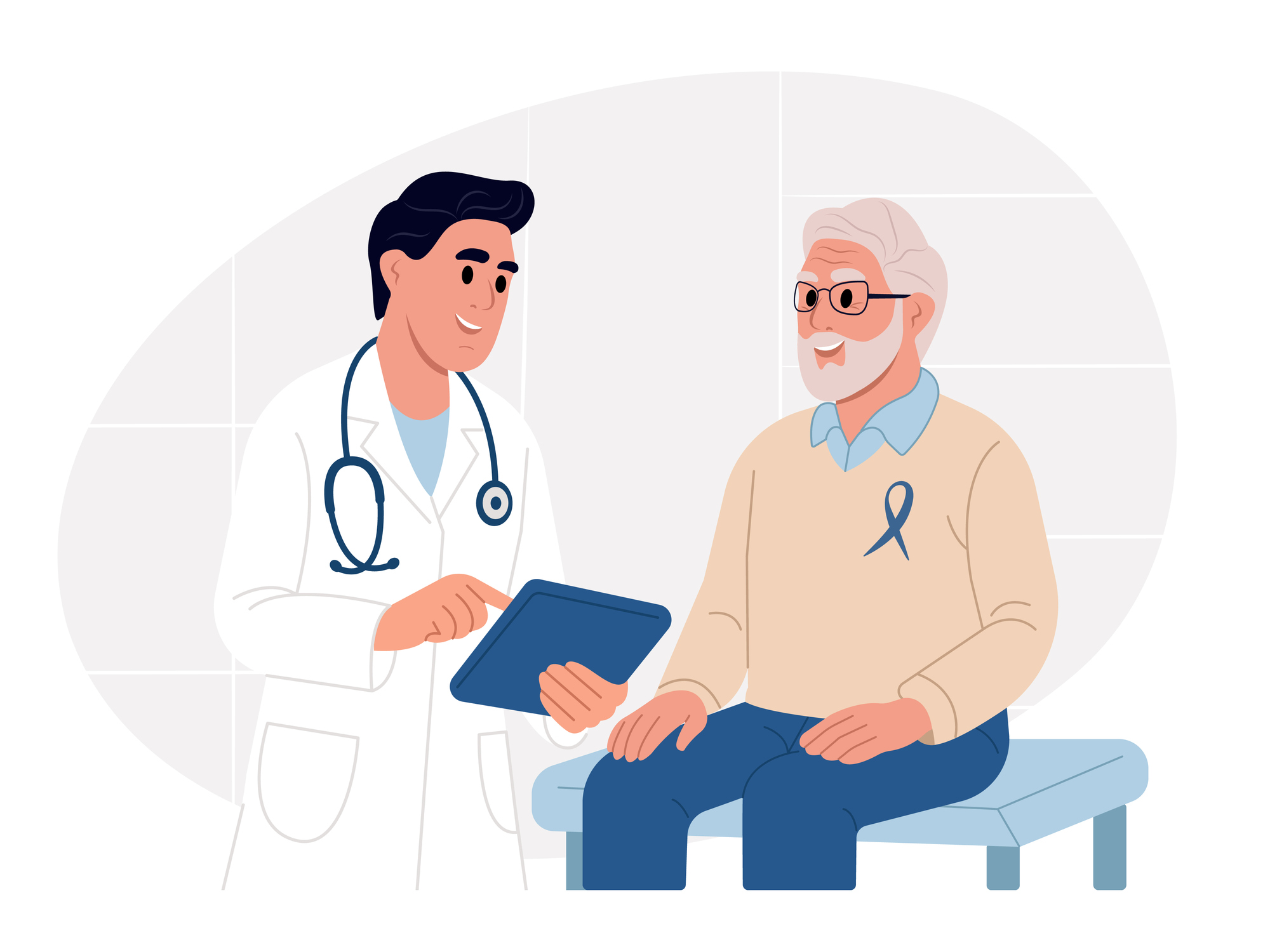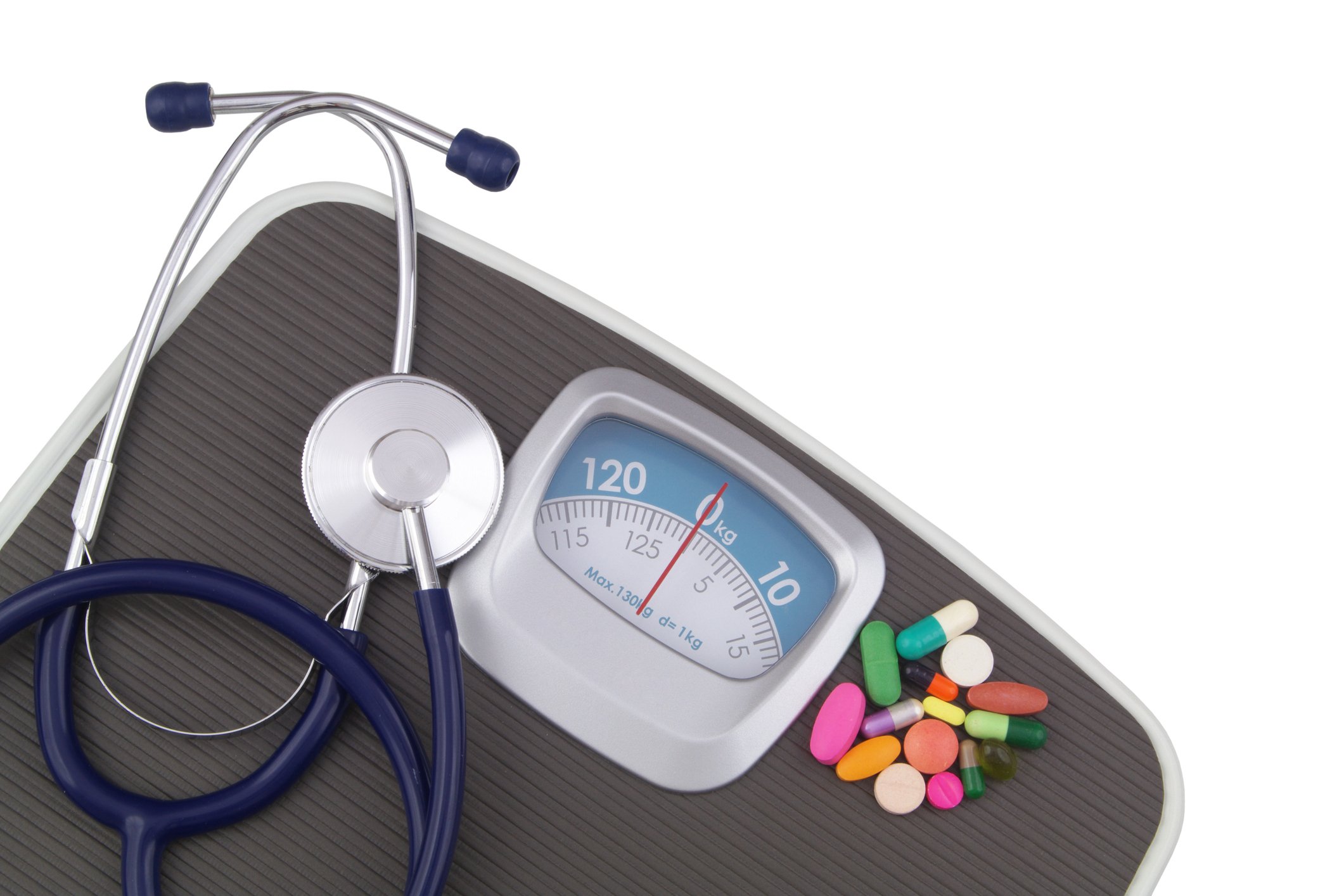Vyvanse vs Adderall: ADHD Drugs Compared
By Alyse Thompson, MD
August 6, 2025
Prescription Drugs, Your Health & Wellness

Vyvanse vs Adderall: ADHD Drugs Compared
If you're managing attention hyperactivity disorder (ADHD), you're likely wondering about Vyvanse vs Adderall or have asked yourself, "Is Vyvanse like Adderall?" These two medications are among the most commonly prescribed stimulants for attention deficit hyperactivity disorder, but understanding the differences between them can help you make an informed decision with your healthcare provider. Both medications can effectively treat ADHD symptoms, but they work differently in your body and may affect you in different ways.
Is Vyvanse the same as Adderall?
You may have wondered, "Are Vyvanse and Adderall the same?" The short answer is no: they share the same therapeutic class (stimulants) and end goal (ADHD control) but differ in chemical form, dosing, and duration. For those asking if Vyvanse is equivalent to Adderall, it's important to understand that while both contain amphetamine-based compounds, their formulations metabolization can lead to different dosing needs and effects.
Vyvanse vs Adderall: What's the difference and which is better for treating ADHD?
Is Vyvanse Adderall? No. Both Vyvanse and Adderall are stimulant medications that help increase two essential brain chemicals, dopamine and norepinephrine. These chemicals play a key role in improving focus, attention, and impulse control in people with ADHD. The most significant difference between Vyvanse and Adderall is how they work in your body. Vyvanse is what's called a prodrug, which means it stays inactive until your body processes it. Once it's processed, it becomes dextroamphetamine, the active ingredient that treats ADHD symptoms. Adderall, on the other hand, is already active when you take it. It's a mix of amphetamine salts that starts working fairly quickly after you swallow it.
What is Adderall?
Adderall (dextroamphetamine-amphetamine) contains a mix of four different types of amphetamine salts. These belong to a group of drugs called central nervous system (CNS) stimulants. They work by increasing the levels of two key brain chemicals: dopamine and norepinephrine. These chemicals help regulate your ability to focus, stay alert, and manage impulsive behavior. By boosting these brain messengers, Adderall can help improve concentration, reduce restlessness, and make it easier to stay on task. It's commonly used to treat ADHD in both kids and adults. Adderall comes in two forms:
- Immediate-release (IR): Works quickly and usually lasts four to six hours.
- Extended-release (XR): Known as Adderall XR, this version is designed to provide sustained release throughout the day with a single dose.
What is Vyvanse?
Vyvanse (generic name: lisdexamfetamine dimesylate) is also a CNS stimulant used to treat ADHD, but it works a little differently from Adderall. Unlike Adderall, Vyvanse starts as an inactive compound called a prodrug. Your body has to process it before it becomes active. It gradually converts lisdexamfetamine into dextroamphetamine, the part that helps improve attention and control. Because this conversion happens slowly and steadily, Vyvanse provides a more even and longer-lasting effect than short-acting stimulants. This steady release means Vyvanse is typically taken only once a day. It's often preferred by individuals who require continuous symptom control throughout the day. Vyvanse is FDA-approved to treat ADHD in patients aged six and older. If you're comparing Vyvanse vs lisdexamfetamine, it's important to know they are the same drug. Lisdexamfetamine is the generic name, while Vyvanse is the brand name. For those deciding between Adderall XR vs Vyvanse, the key differences often come down to how each drug is released and metabolized in the body. Adderall XR contains immediate- and extended-release beads, while Vyvanse relies on the body's metabolic process to activate gradually over time.
Why take Adderall or Vyvanse for ADHD?
The primary reason to consider either Vyvanse or Adderall for treating ADHD is their effectiveness in managing core ADHD symptoms. Both medications work by optimizing brain chemistry to enhance focus, attention, and impulse control. For people with ADHD, these medications can help improve academic performance, job productivity, and overall daily functioning. They can also reduce disruptive behaviors often associated with ADHD, such as restlessness and fidgeting. When you're seeking to manage ADHD, these medications can offer a significant improvement in your quality of life, allowing you to navigate daily tasks and challenges better.
Adderall vs Vyvanse: What is the difference?
"What is the difference between Adderall and Vyvanse?" is one of the most common questions people ask when considering ADHD treatment options. While both medications ultimately increase dopamine and norepinephrine levels in your brain, they differ in several important ways, including how they're taken and how dosage is managed. In fact, the dosage of Adderall vs. Vyvanse is a key factor to consider, as each drug has a different formulation and dosing strategy based on how it's absorbed and activated in the body.
| Key Question | Vyvanse | Adderall |
| Active Ingredient | Lisdexamfetamine (prodrug) | Mixed amphetamine salts |
| Formulations | Capsules 10-70 mg; chewable 10-60 mg | Tablets: 5-30 mg |
| Onset/duration | about 1 hr / up to 12 hr | About 30 minutes / 4-6 hours |
| Dosing Frequency | Once daily | 1–3 times daily |
| Food effect | Minimal | May delay onset if taken with food |
| Abuse potential | Lower (must be metabolized) | Higher (can be crushed/snorted) |
| FDA extras | Also treats binge-eating disorder | Also treats narcolepsy |
| Generic availability | Yes (lisdexamfetamine) | Yes |
Is Vyvanse as good as Adderall?
Vyvanse and Adderall are generally considered equally effective for treating ADHD symptoms. Some people find that Vyvanse provides smoother, more consistent coverage throughout the day, while others find that Adderall works better for their specific needs. Because overall effectiveness is similar, the best choice often depends on individual factors, such as how your body responds, how long you need to control your symptoms, and which one has the fewest side effects.
What side effects are common between Adderall and Vyvanse?
Both stimulants affect many of the same body systems, so their most reported reactions overlap:
- Appetite and weight: Some people notice that they forget to eat, which can lead to weight loss and slower growth in kids.
- Sleep trouble: Taking the pill too late in the day can push back your natural bedtime, causing insomnia and next-day grogginess. Moving the dose to earlier in the morning or using a melatonin supplement (with your healthcare provider's approval) often resolves the problem.
- Dry mouth and thirst: Stimulants reduce saliva flow. Frequent sips of water or chewing sugar-free gum can help keep you comfortable and protect your tooth enamel.
- Headache or stomach ache: Usually mild and transient, these aches respond to dose adjustments or taking the medicine with a small snack.
- Increases in heart rate and blood pressure: Most increases are modest, but your healthcare provider should record baselines and re-check your vitals at each visit.
- Changes in mood: Jitters, mild anxiety, or irritability can appear when blood levels peak or fall.
What side effects are not common between Vyvanse and Adderall?
While many side effects overlap, some differences can be noted due to their distinct formulations:
Vyvanse-specific side effects
Because lisdexamfetamine (vs Adderall) is a prodrug, some people might experience more gastrointestinal side effects as their body processes the medication. However, generally speaking, the gradual release of Vyvanse can sometimes lead to fewer jitters or a less abrupt "crash" feeling compared to the immediate-release forms of Adderall.
Adderall-specific side effects
The immediate release of active amphetamine salts in Adderall IR can sometimes lead to a more noticeable peak effect and a more pronounced "crash" as the medication wears off, which can include increased irritability or fatigue. Adderall vs Vyvanse dosage can also influence the intensity of side effects. It's important to remember that individual responses to medication can vary greatly. What one person experiences, another may not.
How successful is Adderall in treating ADHD?
Adderall has extensive research supporting its effectiveness in treating ADHD. Clinical studies show that amphetamine-based medications, including Adderall, have been shown to improve quality of life in people with ADHD compared to a placebo. The medication has been available for decades, providing doctors and patients with substantial real-world experience regarding its effectiveness and safety profile. Adderall can significantly improve attention span, reduce hyperactive behaviors, and enhance executive functioning skills, such as planning and organization.
How successful is Vyvanse in treating ADHD?
Vyvanse works as well as other amphetamine-based ADHD medications, but it lasts longer and provides a smoother effect throughout the day. This often means fewer reminders to take a second dose at midday.
Is Vyvanse better than Adderall for ADHD treatment?
What's "better" depends on your needs. Vyvanse may be a better fit if you want longer-lasting effects, fewer daily doses, and a slightly lower risk of misuse. On the other hand, Adderall may be a better option if you need a fast-acting medication, flexible dosing, or a more affordable generic alternative. Consult with your healthcare provider to determine the best option for you. Choosing between "Vyvanse and Adderall" isn't always straightforward, as both medications have their advantages and considerations. Your doctor will help determine which option is best suited for your specific situation.
FAQs
Is Vyvanse stronger than Adderall?
People often ask, "What's the difference between Vyvanse and Adderall?" Vyvanse isn't necessarily stronger, but it may feel different because it lasts longer and has a smoother effect. Both can be equally effective when properly dosed. In ADHD treatment, "stronger" usually refers to duration and how the medication feels, not just potency.
Is switching from Adderall to Vyvanse safe?
Transitioning is generally safe when guided by a prescriber. A common plan is to stop Adderall at night and start Vyvanse the next morning at an equivalent dose, then adjust weekly. Expect a day or two for your body to adapt.
Vyvanse vs Adderall: Which is safer?
When comparing Vyvanse (lisdexamfetamine) to Adderall, both are considered safe and effective when used as prescribed. Vyvanse may carry a slightly lower risk of misuse because it's a prodrug and must be activated by the body. Still, overall safety ultimately depends on your health, proper dosing, and adherence to medical guidance.
How to save on your ADHD prescription
ADHD medicines can strain any budget, especially without insurance. If your doctor prescribes medication to help treat ADHD symptoms, ScriptSave® WellRx can help you get the lowest price at a pharmacy near you. With WellRx, you could save up to 80% at the register.* Search your ZIP code on WellRx.com, compare pharmacy prices (even across the street), and show your digital or printed savings card. We have helped families like yours keep billions in their pockets over the past 25 years. *DISCOUNT ONLY – NOT INSURANCE. The program is administered by Medical Security Card Company, LLC.
References
https://www.accessdata.fda.gov/drugsatfda_docs/label/2017/208510lbl.pdf
https://www.accessdata.fda.gov/drugsatfda_docs/label/2017/011522s043lbl.pdf
https://americanaddictioncenters.org/stimulants/amphetamine/adderall/vs-vyvanse
https://www.sciencedirect.com/science/article/pii/S0890856724003046
https://pubmed.ncbi.nlm.nih.gov/17407369/
https://reference.medscape.com/drug/vyvanse-lisdexamfetamine-342993
https://jamanetwork.com/journals/jamapsychiatry/fullarticle/2811310
Alyse Thompson, M.D., is a freelance medical writer who has experience caring for patients in both primary care and urgent care settings. She also has a master's degree in basic medical science. She has managed acute and chronic diseases and has taken part in medical and pharmaceutical research.









